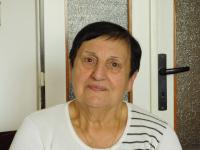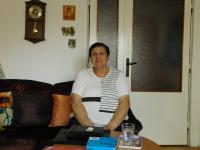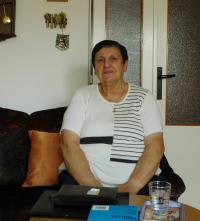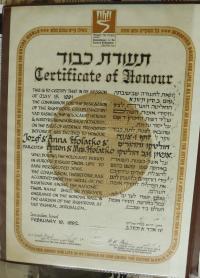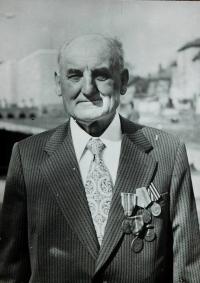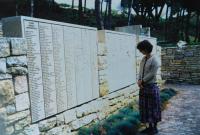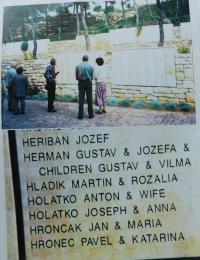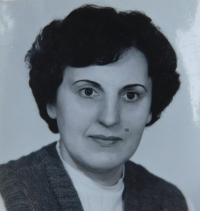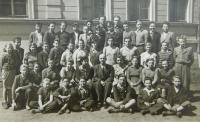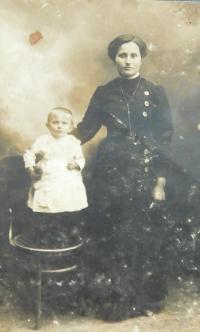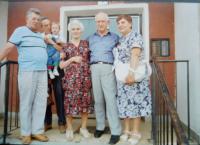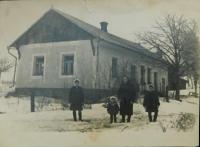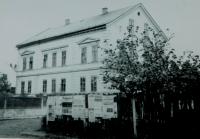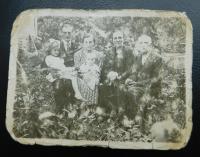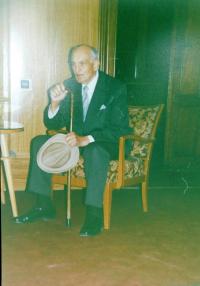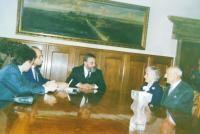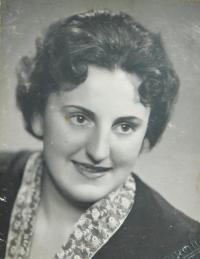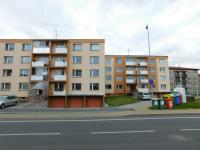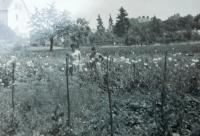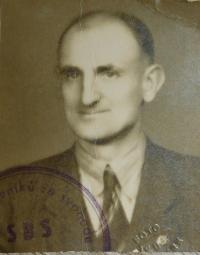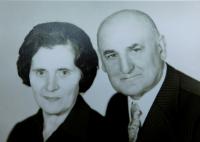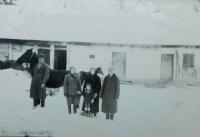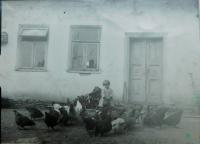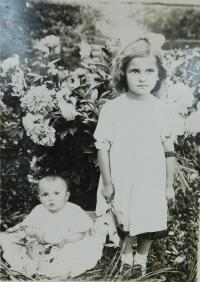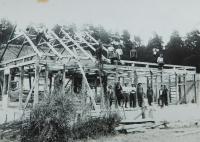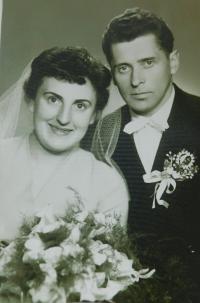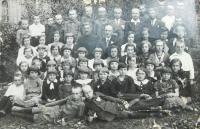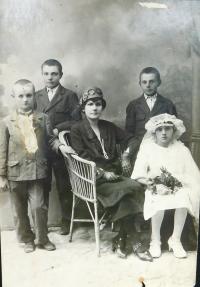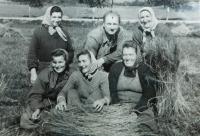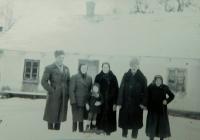If anyone had found out about it at the time, our whole family would have been shot

Stáhnout obrázek
Anna Foglová, née Holátková, was born on 13 July 1938 to Josef and Anna Holátko in the settlement of Frankov (Velké Dorohostaje) in Volhynia, which was under Polish rule (now part of Ukraine). During World War II her parents hid and fed a Jewish couple, the Tejtelmans, and their three children aged nine to twelve in a straw stack for eight months. They also saved the lives of Jiří and Marie Valeš, Jews whom they provided shelter for. They showed great courage. The region was under Nazi control, but moreover, there were bands of roving Banderites, who swept the country for Jews and those who hid them and murdered them all. Josef and his pregnant wife Anna did not risk only their own lives but also the lives of their two (three) children. Anna‘s father was also a member of the Volhynian Czech resistance group Blaník. When the region was liberated by the Soviet Union, thirty-eight-year-old Josef Holátko volunteered into the Czechoslovak Army Corps, which he served with all the way to Czechoslovakia. As a reward, he was awarded a farm in Šumperk by decree. In 1947 the rest of the family remigrated to join him. Her parents kept silent about their actions in Volhynia for many years, until one day a man knocked at their door - it was Josef Tomer, the son of the Tejtelmans. At his initiative, Josef and Anna Holátko were given the Righteous Among the Nations honorific in 1991, and their names will be forever engraved on the Wall of Honor in the Garden of the Righteous in Jerusalem. As of 2017, their daughter Anna Foglová still lives in Šumperk.
